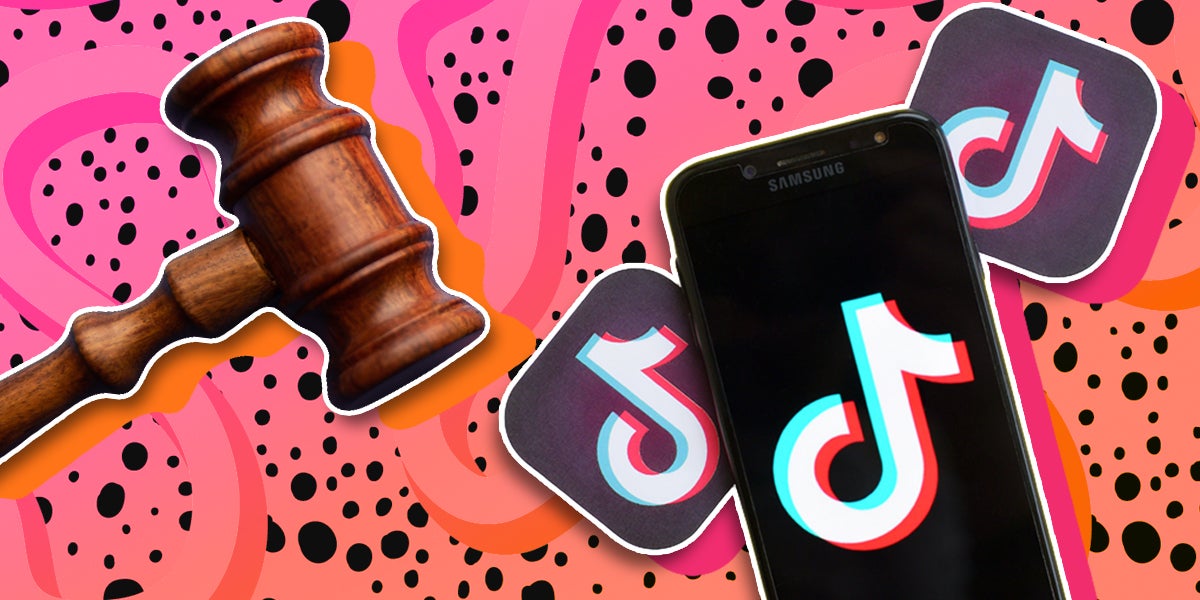
On April 24, Joe Biden signed the much-debated TikTok legislation into law. Under this legislation, ByteDance, the China-based parent company of TikTok, has 9-12 months to sell its TikTok assets to a U.S.-based buyer. If it doesn’t, TikTok faces a national ban.
This means that internet service providers will be blocked from supporting TikTok, while the platform will also be banned from U.S.-based app stores.
From the start, TikTok CEO Shou Chew made it clear that he wouldn’t take this legal order lying down, telling viewers in a video: “We’re not going anywhere.” And the first step of that, it seems, is TikTok and ByteDance filing a lawsuit on May 7 against the U.S. government.
Did TikTok sue the US government?
On May 7, TikTok filed a lawsuit against the U.S. government. It argues that a forced sale of TikTok to a U.S. buyer “is simply not commercially, legally, or technically possible.”
According to the suit, the proposed sale of TikTok would require “a team [of engineers] that does not exist and would have no understanding of the complex code necessary to run the platform.”
The suit also confirmed that ByteDance would not sell TikTok without its infamous algorithm. The suit says that the Chinese Government “has made clear that it would not permit a divestment of the recommendation engine that is a key to the success of TikTok in the United States.”
Is the TikTok ban against the First Amendment?
As well as arguing that a sale of TikTok is impossible, TikTok is suing the U.S. Government on the grounds that blocking access to TikTok in the country is “obviously unconstitutional.” The suit argues that the bill violates users’ First Amendment right to freedom of expression.
The suit added: “There is no question: the Act (law) will force a shutdown of TikTok by January 19, 2025, silencing the 170 million Americans who use the platform to communicate in ways that cannot be replicated elsewhere.”
TikTok also argued that the proposed legislation violates its rights as an editorial entity. This is because it curates and presents content to users. In the suit, it argues that this “exercise of editorial control and judgment” is protected by the First Amendment.
What are the next steps for TikTok?
Under the current law, Biden could extend the proposed Jan. 19 deadline for selling or banning TikTok by three months.
But Tubefiter notes that TikTok is expected to seek an injunction to push back that deadline further. This, the outlet adds, is a similar strategy to the one the company used when it disputed the state of Montana’s proposed ban of the app.
While the road ahead might seem unclear, we know this: s**t just got real.




